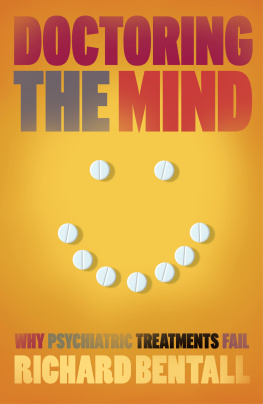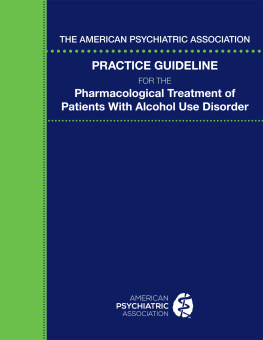Dinah Miller - Committed: The Battle Over Involuntary Psychiatric Care
Here you can read online Dinah Miller - Committed: The Battle Over Involuntary Psychiatric Care full text of the book (entire story) in english for free. Download pdf and epub, get meaning, cover and reviews about this ebook. year: 2016, publisher: Johns Hopkins University Press, genre: Politics. Description of the work, (preface) as well as reviews are available. Best literature library LitArk.com created for fans of good reading and offers a wide selection of genres:
Romance novel
Science fiction
Adventure
Detective
Science
History
Home and family
Prose
Art
Politics
Computer
Non-fiction
Religion
Business
Children
Humor
Choose a favorite category and find really read worthwhile books. Enjoy immersion in the world of imagination, feel the emotions of the characters or learn something new for yourself, make an fascinating discovery.

- Book:Committed: The Battle Over Involuntary Psychiatric Care
- Author:
- Publisher:Johns Hopkins University Press
- Genre:
- Year:2016
- Rating:4 / 5
- Favourites:Add to favourites
- Your mark:
Committed: The Battle Over Involuntary Psychiatric Care: summary, description and annotation
We offer to read an annotation, description, summary or preface (depends on what the author of the book "Committed: The Battle Over Involuntary Psychiatric Care" wrote himself). If you haven't found the necessary information about the book — write in the comments, we will try to find it.
A compelling look at involuntary psychiatric care and psychiatrys role in preventing violence.
Battle lines have been drawn over involuntary treatment. On one side are those who oppose involuntary psychiatric treatments under any condition. Activists who take up this cause often dont acknowledge that psychiatric symptoms can render people dangerous to themselves or others, regardless of their civil rights. On the other side are groups pushing for increased use of involuntary treatment. These proponents are quick to point out that people with psychiatric illnesses often dont recognize that they are ill, which (from their perspective) makes the discussion of civil rights moot. They may gloss over the sometimes dangerous side effects of psychiatric medications, and they often dont admit that patients, even after their symptoms have abated, are sometimes unhappy that treatment was inflicted upon them.
In Committed, psychiatrists Dinah Miller and Annette Hanson offer a thought-provoking and engaging account of the controversy surrounding involuntary psychiatric care in the United States. They bring the issue to life with first-hand accounts from patients, clinicians, advocates, and opponents. Looking at practices such as seclusion and restraint, involuntary medication, and involuntary electroconvulsive therapyall within the context of civil rightsMiller and Hanson illuminate the personal consequences of these controversial practices through voices of people who have been helped by the treatment they had as well as those who have been traumatized by it.
The authors explore the question of whether involuntary treatment has a role in preventing violence, suicide, and mass murder. They delve into the controversial use of court-ordered outpatient treatment at its best and at its worst. Finally, they examine innovative solutionsmental health court, crisis intervention training, and pretrial diversionthat are intended to expand access to care while diverting people who have serious mental illness out of the cycle of repeated hospitalization and incarceration. They also assess what psychiatry knows about the prediction of violence and the limitations of laws designed to protect the public.
Dinah Miller: author's other books
Who wrote Committed: The Battle Over Involuntary Psychiatric Care? Find out the surname, the name of the author of the book and a list of all author's works by series.








